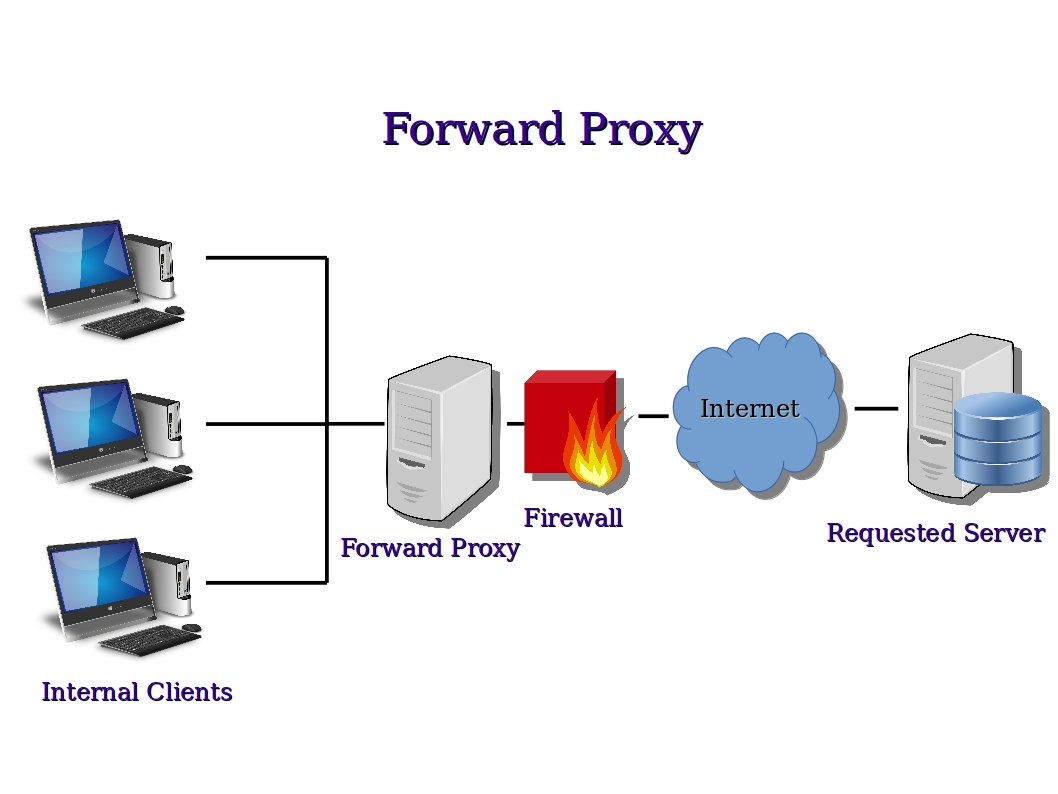During today's digital age, where every interaction and online move is monitored, issues of privacy and security have become increasingly urgent than ever. With the rise of online monitoring, individuals and businesses alike are on a mission to protect their personal information and preserve their anonymity. One of the most effective tools in this struggle is the proxy server. By acting as an agent between users and the internet, proxy servers have the power to conceal browsing activities, improve protection, and bypass restrictive measures.
Grasping how proxy servers function and their different types can enable users to make wise decisions about their online presence. Whether accessing geo-restricted content, improving work efficiency, or safeguarding sensitive data from intruders, proxy servers offer a range of advantages. As we explore deeper into the realm of proxy servers, we will examine their benefits, the distinctions between proxies and VPNs, and the safeguards users should take to ensure they are employing these tools efficiently and safely. In a world where privacy is progressively threatened, knowledge of how to utilize proxy servers can be a game-changer.
Comprehending Proxy and Their Functionality
Proxy servers act as middlemen linking a user's device and the internet, facilitating users to dispatch requests as well as obtain data even as maintaining a degree of anonymity. As soon as a user links to a proxy server, their internet traffic is routed through the server, that then relays the requests toward other servers. This procedure conceals the user's IP address, providing a layer of privacy and helping to defend their identity online.
The main functionality of a proxy server is based on its ability to filter and oversee internet traffic. It has the capability to restrict harmful content, store data for faster access, and additionally compress data to improve loading times. Additionally, proxies can apply security measures, which allows organizations to supervise employee internet usage as well as safeguard sensitive data from potential threats. This multifaceted approach renders proxy servers key tools for both individual users and businesses.
There are several types of proxy servers designed for specific tasks, such as HTTP server proxies for web browsing, SOCKS proxy servers for handling various types of internet traffic, and proxies that are transparent that do not modify requests. Every type serves different purposes, catering to the particular needs of users, such as accelerating internet access, circumventing geo-restrictions, as well as enhancing online security. Comprehending these distinctions is crucial for choosing the right solution for efficient online privacy plus security.
Advantages and Risks of Using Proxy Services
Proxy servers offer a number of important benefits that contribute to enhanced online confidentiality and safety. By acting as middlemen between users and the internet, they help mask the user's IP address, making it challenging for websites and online services to track individual browsing habits. Omeka can be particularly helpful for users seeking to safeguard their private information from monitoring or data harvesting. Moreover, these services can help users reach geo-restricted content by routing traffic through servers in different locations, offering a way to bypass regional barriers and experience a broader variety of online offerings.
In spite of these benefits, there are additionally major concerns associated with using these services, especially free proxies. Many free proxy services can jeopardize user security by recording browsing activities or injecting malicious ads, possibly leading to data breaches or identity theft. This is why it is crucial for users to carefully select reliable and credible proxy services, guaranteeing that their online activities stay confidential and safe. Additionally, some proxies do not secure data, leaving users vulnerable to being captured by hackers or cybercriminals on insecure networks.

Ultimately, while these services can provide improved anonymity and access to limited content, users must consider these benefits against the possible dangers. It is essential to consider factors like the type of proxy service, its dependability, and security features before using a proxy for online activities. Making informed decisions can help users maximize the benefits of proxy servers while minimizing the potential hazards associated with their use.
### Proxying Server for Online Privacy and Safety
Proxy servers serve a critical function in improving digital privacy by acting as intermediaries between users and the web. When a person logs in through a proxy server, their actual IP address is hidden, making it much more difficult for sites and online platforms to monitor their actions. This degree of privacy is essential for users who are concerned about digital surveillance and data gathering by corporations and governments. By concealing their anonymity, users can browse the internet without the worry of being monitored or having their information collected.
In addition to offering anonymity, proxy servers also improve online security. They can block harmful content and block access to possibly dangerous sites, serving as a first level of protection against online threats. This is particularly beneficial for companies that need to safeguard confidential information and ensure the security of their staff while browsing. Moreover, when combined with encryption technologies technologies, proxy servers can enhance the security of information transmission, making it difficult for hackers to intercept confidential information.
Although proxying server offer significant advantages for anonymity and security, individuals must also be cognizant of the potential dangers, especially when utilizing free proxy services. Numerous free services may not provide adequate safety measures, and certain may log user behavior or inject ads into browsing sessions. It is essential to select reputable proxy services to guarantee secure and safe online experiences. By understanding both the advantages and risks associated with proxying server, users can more effectively maneuver the challenges of digital anonymity and security.
